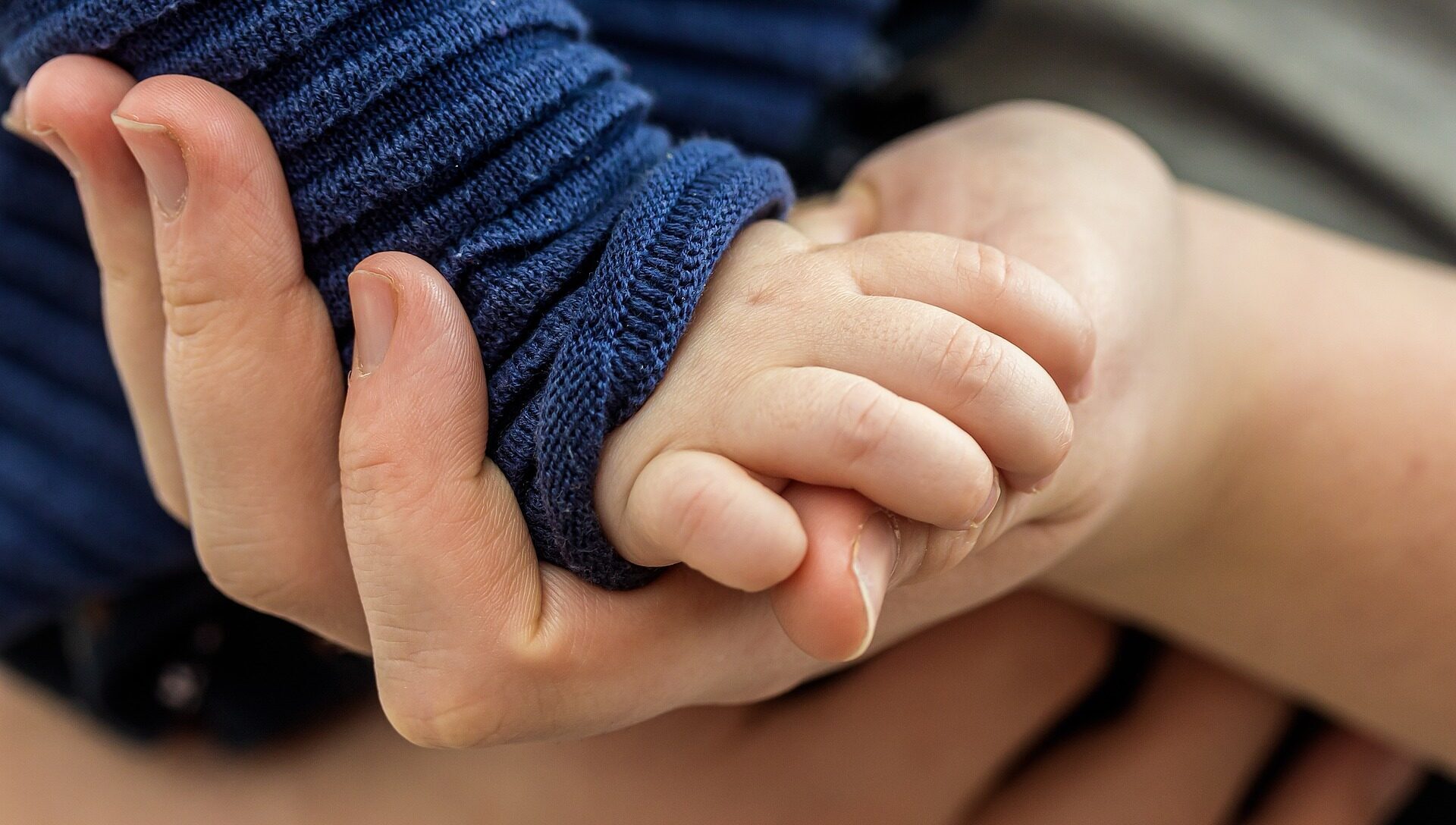The essence of trust: a pathway to fulfillment and connection

Trust is the cornerstone of human interaction and personal growth. It is a multifaceted concept that impacts various aspects of our lives, from our self-esteem to our relationships with others. In this blog, we will explore the nature of trust, its significance in our personal and social lives, and the effects of a lack of trust. We will also discuss how trust is often undermined by family influences and societal norms, and provide practical tips on how to cultivate trust in ourselves and others.
What is Trust?
Trust is a fundamental psychological state involving positive expectations about the intentions and behaviors of others. It is the belief that someone or something is reliable, honest, and effective. Trust enables individuals to act based on the confidence that their vulnerabilities will not be exploited and that their expectations will be met. This confidence can be placed in people, institutions, systems, or oneself.
The Importance of Trusting Oneself
Trusting oneself is the foundation of personal well-being and success. It involves having confidence in one’s abilities, judgment, and value. Self-trust allows individuals to take risks, make decisions, and pursue goals without constant self-doubt. It fosters resilience, as individuals who trust themselves are better equipped to handle setbacks and challenges. Moreover, self-trust is essential for self-compassion and self-respect, enabling individuals to maintain a positive self-image even in the face of failure.
Trust as a Crucial Tool in Building Genuine and Constructive Relationships
Trust is the glue that holds relationships together. In personal relationships, trust fosters intimacy, communication, and cooperation. When trust exists, individuals feel safe to express themselves openly and honestly, knowing they will be supported and understood. In professional settings, trust facilitates teamwork, innovation, and productivity. It allows for the free exchange of ideas and constructive feedback, leading to better problem-solving and creativity. Trustworthy relationships are characterized by mutual respect, loyalty, and a shared commitment to each other’s well-being.
Lack of Trust in Oneself and Others as a Result of the Damaging Influence of Family
Family dynamics play a crucial role in shaping our ability to trust ourselves and others. Negative family experiences, such as inconsistent parenting, neglect, or betrayal, can severely damage one’s capacity for trust. Children who grow up in environments where their needs are not reliably met, or where they are subject to criticism and dishonesty, often struggle with self-doubt and suspicion. These early experiences can create deep-seated beliefs that the world is unsafe and that people are inherently untrustworthy, leading to difficulties in forming healthy relationships and trusting oneself.
How the System Teaches Us to Distrust Each Other
Beyond family, societal norms and institutions also contribute to a culture of distrust. Media often highlights stories of deceit, corruption, and betrayal, reinforcing the idea that distrust is a necessary defense mechanism. Competitive environments, such as those found in many workplaces and educational systems, can also promote distrust. The pressure to outperform peers can lead to suspicion and rivalry rather than collaboration and mutual support. Furthermore, systemic issues such as discrimination, inequality, and lack of transparency in institutions can erode trust in societal structures and in each other. A clear example of this occurred during the Covid-19 pandemic. The system fostered narratives that exploited people’s fears, leading to widespread suspicion and ultimately causing divisions within families, workplaces, and friendships.
The Consequences of a Lack of Trust
A lack of trust can have far-reaching negative consequences. Personally, it can lead to anxiety, loneliness, and a sense of isolation. Individuals who do not trust themselves may avoid taking risks or pursuing opportunities, thereby delaying the achievement of their goals. They may also struggle with decision-making, constantly second-guessing their choices. In relationships, a lack of trust can result in conflicts, misunderstandings, and a lack of intimacy. Socially, distrust can foster division, prejudice, and hostility, distorting our perception of reality and hindering social cohesion.
How to Learn to Trust Ourselves: One Tip
Building self-trust is a gradual process that involves consistent self-care and self-validation. One effective tip is to practice self-reflection. Spend time each day reflecting on your achievements, strengths, and values. Acknowledge your efforts and successes, no matter how small they may seem. This practice helps to reinforce a positive self-image and strengthens your belief in your abilities. Additionally, set realistic goals and celebrate when you achieve them. This creates a positive feedback loop that boosts confidence and self-trust.
How to Learn to Trust Others
Trusting others requires a willingness to be vulnerable and an openness to connection. Start by building trust gradually. Share small personal details and observe the responses. Look for consistency between words and actions in others, as this is a key indicator of trustworthiness. Practice active listening and empathy to understand others’ perspectives and build a deeper connection. It’s also important to communicate openly about your expectations and boundaries. Trust grows in an environment of mutual respect and understanding, so fostering these qualities in your interactions is crucial.
Conclusion
Trust is an essential element of a fulfilling life, impacting our self-perception, relationships, and societal interactions. While trust can be fragile and easily damaged by negative experiences and societal pressures, it is possible to rebuild and strengthen it through intentional actions and a supportive environment. By fostering self-trust and learning to trust others, we can enhance our personal growth, build stronger relationships, and contribute to a more cohesive and compassionate society. Trust, ultimately, is a gift we give ourselves and others, paving the way for deeper connections and greater achievements.